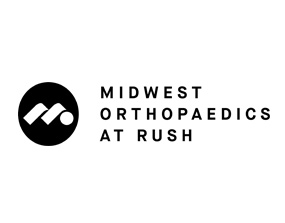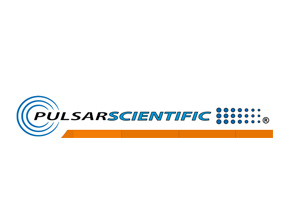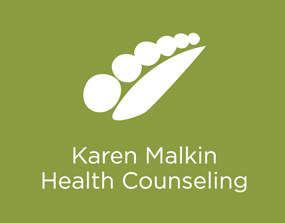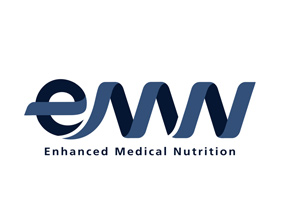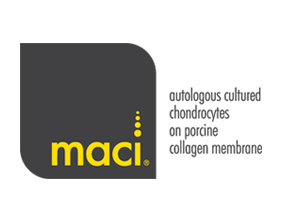What is Osteoarthritis (OA)?
Gradual breakdown of articular cartilage and bones within a joint. Osteoarthritis is typically caused by wear and tear and worsens over time. It most often occurs in individuals over the age of 50 but can be present in younger patients. Individuals with osteoarthritis may experience pain, swelling, stiffness and/or limited range of motion.
How can it be treated?non-operatively?
Physical therapy/activity
Exercise can increase range of motion and increase muscle strength around the joint potentially decreasing symptoms and providing stability.
Brace
The use of a brace can increase stability and increase activity levels.
Ice
Ice can reduce inflammation and swelling of joint while also reducing pain.
Neuromuscular Electric Stimulation (NMES)
- NMES provided by CyMedica knee wrap, pads and stimulation unit
- NMES has been shown to help patients overcome muscle activation deficits
- Early data suggests relief of pain due to knee osteoarthritis
Oral anti-inflammatories
Over-the-counter pain relievers and anti-inflammatory medication can decrease pain, inflammation, and stiffness. For example: Ibuprofen, Naproxen, Meloxicam, Celebrex etc.
Glucosamine and Chondroitin Sulfate oral supplements
- Recommended dose: 1500 mg glucosamine, 1200 mg chondroitin sulfate
- Natural anti-inflammatory for overall joint health, helps reduce catabolic activity
Turmeric oral supplement
- Key ingredient curcumin may reduce pain and stiffness caused by inflammation as an alternative to oral NSAIDS
- Recommended dose as per package insert
- Select brand with absorption aid such as black pepper extract
Injections
- Cortisone injection: An anti-inflammatory steroid that when injected into the joint provides pain relief and decreases inflammation.
- Hyaluronic Injection: In joints, synovial fluid fills the space to allow bones to glide smoothly and to provide further shock absorption and protection. A main component of synovial fluid is hyaluronic acid (HA). Often in OA cases, there is breakdown of HA in the joint. Thus, a supplement in HA increases the strength and protection of synovial fluid which can reduce the symptoms of OA.
- PRP (Platelet-rich plasma) injection: In a PRP injection, blood containing a high platelet concentration is drawn from the patient and injected into the affected joint. The PRP stimulates healing and reduces pain and stiffness. Insurance may not cover PRP.
Stem Cell Treatment
Stem cells are obtained through different means, either from the hip, adipose fat or donor cells. Through simple processing, the stem cells are introduced into the affected joint to decrease inflammation, potentially slow cartilage degeneration, and decrease pain. Insurance may not cover stem cells.
Click here for full podcast playlist.
